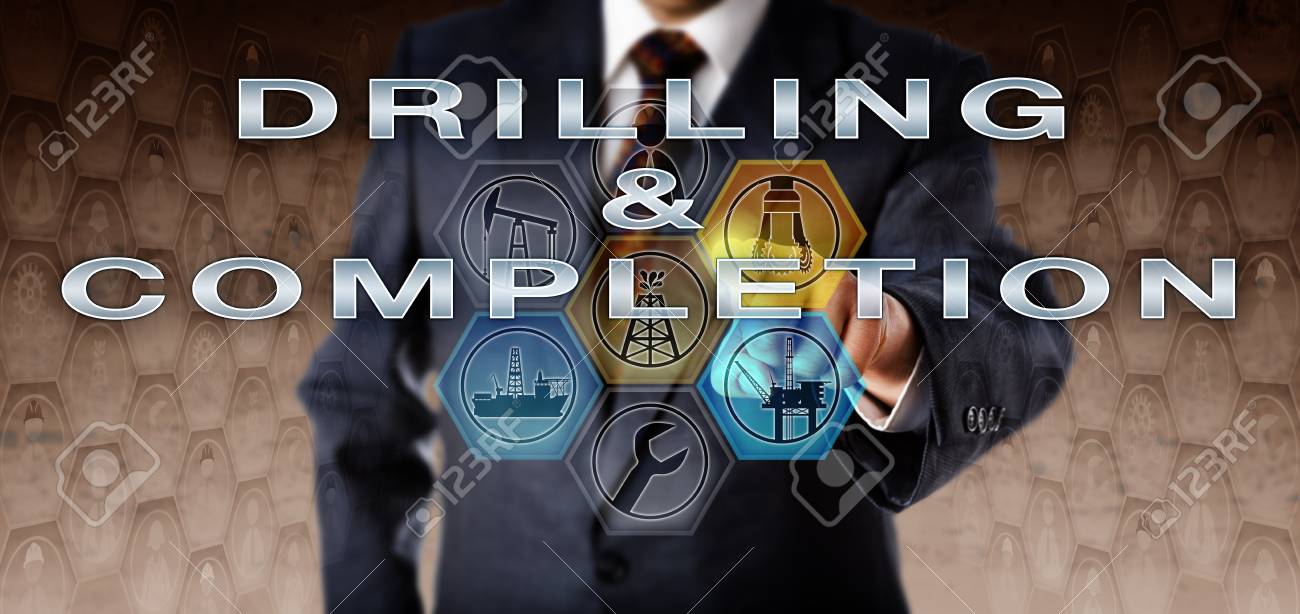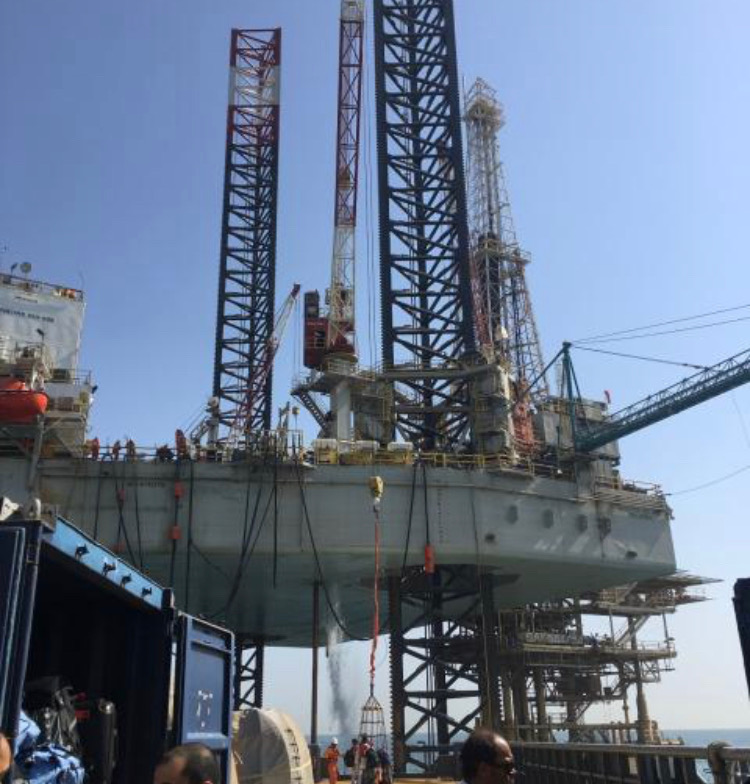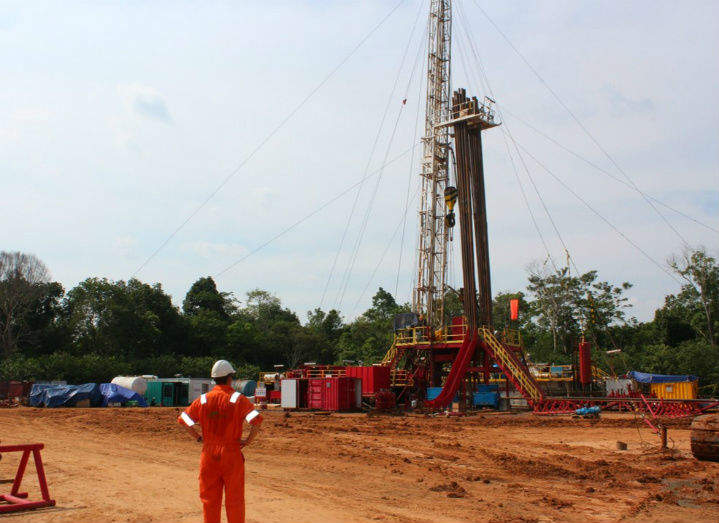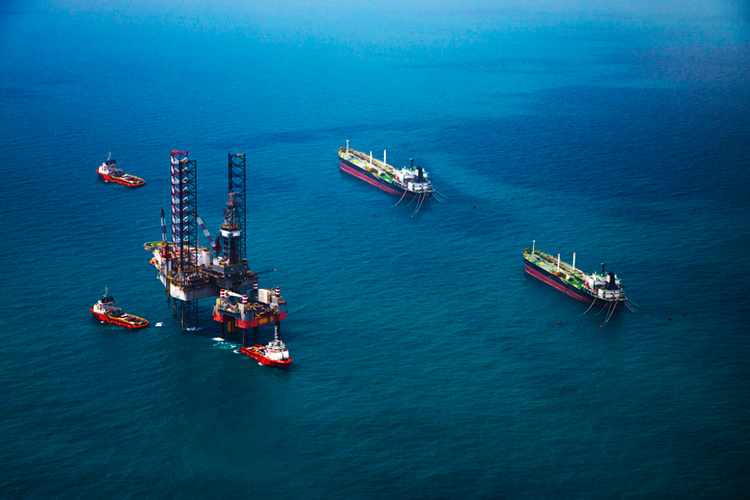

By the end of this course delegates will be able to:
Drilling Engineers, Senior Drilling Engineers, Drilling Supervisors, Petroleum Engineers, Completion Engineers, Tool Pushers, Reservoir and Senior Reservoir Engineers, Geologists, Production and Completion Engineers, Foremen, Industry Personnel.
Introduction to Drilling Technology:
Well Completion & Testing:
Artificial Lift & Reservoir Pressure Maintenance
Work-Over: Rig Components & Well Stimulation
Surface Facilities: Production & Offshore Practices
CDGA attendance certificate will be issued to all attendees completing minimum of 80% of the total course duration.
| Code | Date | Venue | Fees | Register |
|---|---|---|---|---|
| DE119-01 | 02-03-2026 | Istanbul | USD 5950 | |
| DE119-02 | 21-06-2026 | Doha | USD 5450 | |
| DE119-03 | 21-09-2026 | Kuala-Lumpur | USD 5950 | |
| DE119-04 | 01-11-2026 | Dubai | USD 5450 |

This course is primarily designed for drilling, production and completion engineers and supervisors needing a practical understanding and an appreciation of well completion design and operation, well ...

Are your horizontal and multilateral wells yielding the expected results? Why are some of these types of wells great successes, while others are embarrassing failures? Are you hesitant to recommend th ...

This course is designed for oil filed technologists, project managers, plant managers, plant supervisors, production supervisors, technical staff, operators and technicians and contractor personnel in ...
Providing services with a high quality that are satisfying the requirements
Appling the specifications and legalizations to ensure the quality of service.
Best utilization of resources for continually improving the business activities.
CDGA keen to selects highly technical instructors based on professional field experience
Since CDGA was established, it considered a training partner for world class oil & gas institution
3012, Block 3, 30 Euro Business Park, Little Island, Co. Cork, T45 V220, Ireland
Mon to Fri 09:00 AM to 06:00 PM
Contact Us anytime!
Request Info